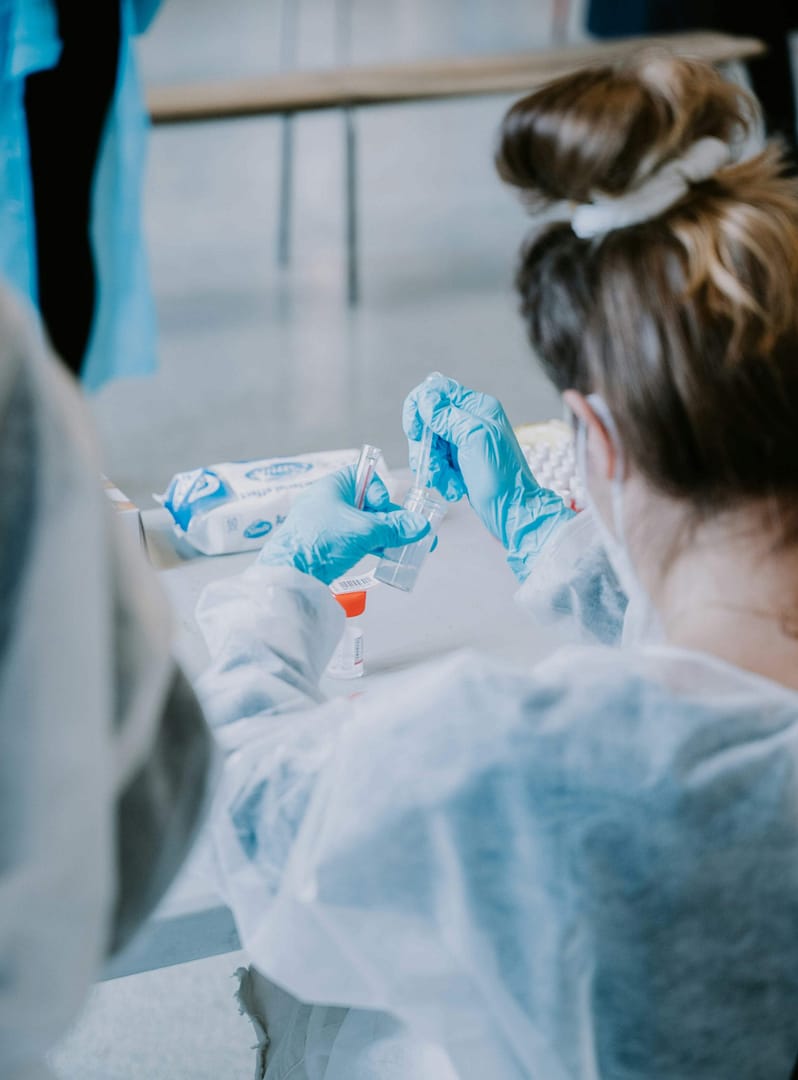Nurses play a crucial role in early warning systems, which are designed to identify deteriorating patients early on and trigger a rapid response. By recognising early signs of deterioration, such as changes in vital signs or mental status, nurses can initiate timely interventions and prevent adverse outcomes. Nurses are also key members of rapid response teams, which are mobilised to provide immediate care to critically ill patients.
Medication Safety
Medication errors are a leading cause of preventable harm in healthcare. Nurses are responsible for administering medications safely, ensuring that the right patient receives the right medication at the right dose, route, and time. They also monitor patients for adverse drug reactions and report any concerns to the healthcare team.
The Impact of Staffing Levels and Workload on Patient Safety
Adequate staffing levels and manageable workloads are essential for nurses to provide safe and effective care. However, the NHS is facing a significant nursing shortage, which has led to increased workloads and burnout among nurses. This, in turn, can compromise patient safety by increasing the risk of errors and missed care.
Research Evidence
Research has consistently shown a link between nurse staffing levels and patient safety. Studies have found that higher nurse-to-patient ratios are associated with lower rates of patient falls, pressure ulcers, infections, and mortality. Conversely, inadequate staffing levels are associated with increased adverse events and poorer patient outcomes.
The Importance of a Positive Safety Culture
A positive safety culture is one in which all members of the healthcare team feel empowered to speak up about safety concerns without fear of retribution. Nurses are often the first to identify potential risks, and their voices must be heard and respected.
Creating a Culture of Safety
Creating a culture of safety requires leadership commitment, open communication, and a blame-free environment. It also involves providing nurses with the resources and support they need to identify and address safety concerns effectively.
The Role of Technology in Enhancing Patient Safety
Technology can play a significant role in enhancing patient safety by reducing the risk of human error, improving communication, and streamlining workflows. Electronic health records (EHRs), for example, can help to prevent medication errors by alerting clinicians to potential drug interactions and allergies.
The Future of Technology in Nursing
As technology continues to advance, we can expect to see even more innovative solutions that will further enhance patient safety. For example, wearable devices could be used to monitor patients’ vital signs remotely, allowing for earlier detection of deterioration. Artificial intelligence (AI) could be used to analyse vast amounts of patient data and identify patterns that could help to predict and prevent adverse events.
Empowering Nurses to Lead the Way in Patient Safety
Nurses are uniquely positioned to lead the way in patient safety due to their close proximity to patients and their in-depth understanding of the healthcare system. By empowering nurses with the knowledge, skills, and resources they need, we can create a safer healthcare environment for all.
Nursing Leadership and Advocacy
Nurse leaders play a critical role in promoting patient safety by advocating for policies and practices that support safe care. They also play a key role in educating and mentoring nurses, empowering them to become leaders in patient safety.
The Future of Patient Safety: A Collaborative Effort
Patient safety is a complex issue that requires a collaborative effort from all members of the healthcare team. By working together, we can create a safer healthcare system that delivers high-quality care to all patients.
Making a Medical Negligence Claim with National Claims
At National Claims, we understand the devastating impact medical negligence can have, particularly when it occurs within the complex healthcare landscape of the UK. If you or a loved one has suffered harm due to medical errors, misdiagnosis, surgical complications, or any other form of negligence within a hospital or clinic setting, our team is here to help.
Free Consultation
We offer a free, no-obligation consultation to discuss the specifics of your case. Our team will carefully listen to your experience, assess the medical records, and consider the intricacies of your situation. This allows us to provide initial advice on the viability of your claim, taking into account the unique challenges of pursuing medical negligence cases in the UK.
No Win, No Fee*
National Claims believes that seeking justice for medical negligence shouldn’t be burdened by financial concerns. We operate on a “No Win, No Fee” basis, meaning you won’t incur any upfront legal fees. Our fees are contingent on the success of your claim, allowing you to pursue compensation without undue financial stress.
*Customers pay up to 25% (incl. VAT) of the amount recovered towards solicitor costs and if you cancel outside your cooling off period, you may be charged a fee.
Contact us today to speak to one of our claims agents who will be able to help you get started on your claim.
Click below to see why we are one of the most trusted claims management companies in the UK.

We’re proud of our excellent customer reviews
We thrive on delivering exceptional service and ensuring our clients’ satisfaction. Don’t just take our word for it. Check out some of our independent reviews to see what our clients have to say.
Excellent

This firm is excellent, they sorted out my car pay out and injury claim very fast, they always communicate with you all the time.

My accident case was dealt with confidence and with great result of the outcome, especially James kept me informed all the time.

I was very impressed at the way my inquiry was treated. I was listened to attentively and everything I needed to know was explained to me.






